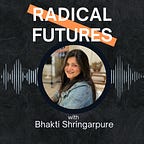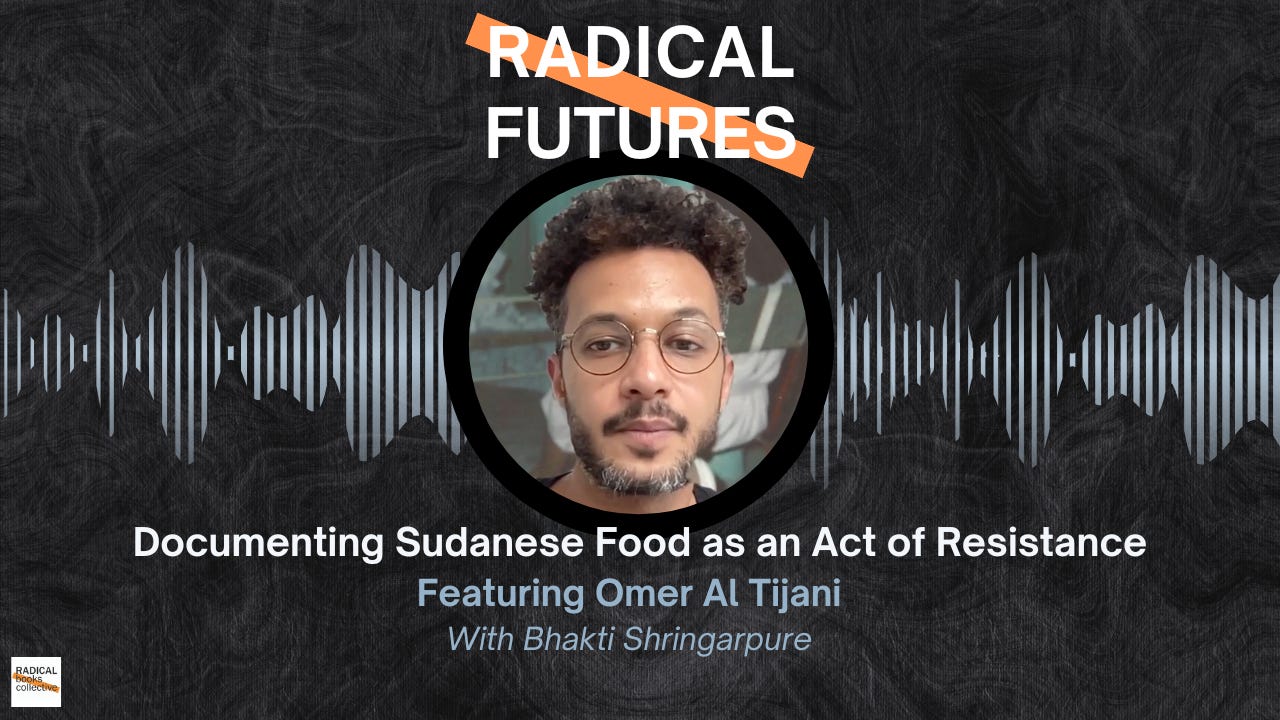“Food is politics,” Omer Al Tijani declares. “The documenting of cuisine and culture is an act of resistance against the ongoing oppression that we have been experiencing in Sudan.” In a country ravaged by war and where hunger has been weaponized in extreme ways, Omer’s extraordinary cookbook Sudanese Kitchen works against invisibility and erasure.
Sudanese Kitchen is a culmination of decade-long efforts to document Sudanese food and foodways, and to combine the genres of ethnography, archive, memoir and art into one work. The author and his team of photographers undertook a culinary journey across Sudan and took the time to sit down with members of different communities across the country to learn about their food. The book thus becomes a testament to the resilience, resistance and creativity of Sudanese people who keep their traditions alive despite having to endured decades of strife.
Originally from Khartoum but having grown up in the UK, Omer found himself listless at the food options during his university years. They were “not feeding my soul.” And unfortunately, there was no Sudanese restaurant to be found. This is when he started to teach himself to cook the food he had always known in his Sudanese home. He would nag his mother and aunts to give him recipes, and would patiently attempt to recreate dishes based on somewhat haphazard, intuitive instructions. Over time, Omer realized that he was on to something and the collecting of recipes transformed into a more ambitious endeavor.
When Omar Al-Bashir’s regime fell in 2018, and Sudan erupted into revolt, Omer took off to Khartoum to participate in the protests and to also pursue what was now definitely turning into a book. This moment of transition that lasted a couple of years was filled with hope. “It was an energizing period,” Omer says, and one that he touches on several times in his book in an attempt “to keep the revolution alive.” He knows that these are important memories “given the state that we’re in now where we have this two years long war.”
Sudanese Kitchen opens with a photograph of a mural memorializing a young martyr and the following page carries a dedication to all the martyrs of the December 2018 revolution and to the family members who “nourished the bodies and minds of Sudanese youth.” Right away, Omer grounds his book in the connected nature of revolution, liberation and Sudanese practices of food and sustenance. As the book progresses, vivid color photographs of landscapes, foods and markets are interspersed with infographics and lists. There is a timeline of key events in Sudanese culinary history that outline the important moments of agricultural history as well as a map of its current agricultural landscape. There is an inventory which lists all the main ingredients used in Sudanese cuisine as well as an illustrated glossary for pantry items, cooking utensils, Sudanese terminology and even some proverbs.
Along the way, Omer weaves together the story of his family with the history of contemporary Sudan. Every few pages of recipes is punctuated by short autobiographical sketches. He starts with his early childhood in Khartoum and then recounts the difficulties of migration to Britain. At university, Omer embarked on his cooking journey. He started making trips to Sudan in 2018 and with two photographers in tow, the group systematically documented, prepared and photographed the dishes for over a year. Long road trips took them to the Nuba mountains and also deep into Al Fashir, and they made several stops to talk to people and to record recipes and cooking styles.
In Sudanese Kitchen, food becomes a lens, a theory, a history, an aesthetic, and a manifesto. Despite the beauty of the book, it does not make for easy digestion (pun intended). It insists on political engagement and demands an interest in Sudan’s history, geography and culture. However, it is still very much a cookbook and remains grounded in the recipes. Omer is enthusiastic about making Sudanese food accessible to all and the recipes have been tried, tested, and translated so that everyone can give it a shot, and allow themselves to partake and immerse in the incredible and rich heritage of Sudan.
Buy the book:
Sudanese Kitchen by Omer Al Tijani (Almas Art Foundation, 2024)
https://www.almasartfoundation.org/publications/12-the-sudanese-kitchen-the-sudanese-kitchen-omer-al-tijani/
Hosted by Bhakti Shringarpure.
Radical Futures is produced by Warscapes
Title Music: “Cottonstorm” by Bayern Boom Beat
Subscribe | Follow www.radicalbookscollective.com












